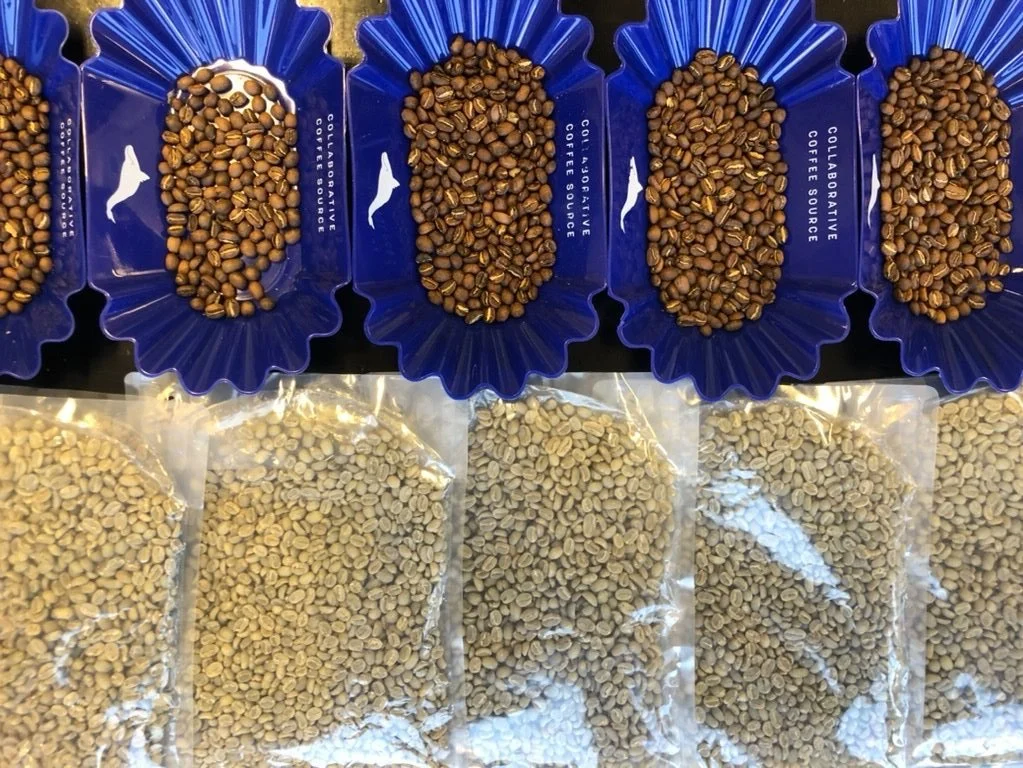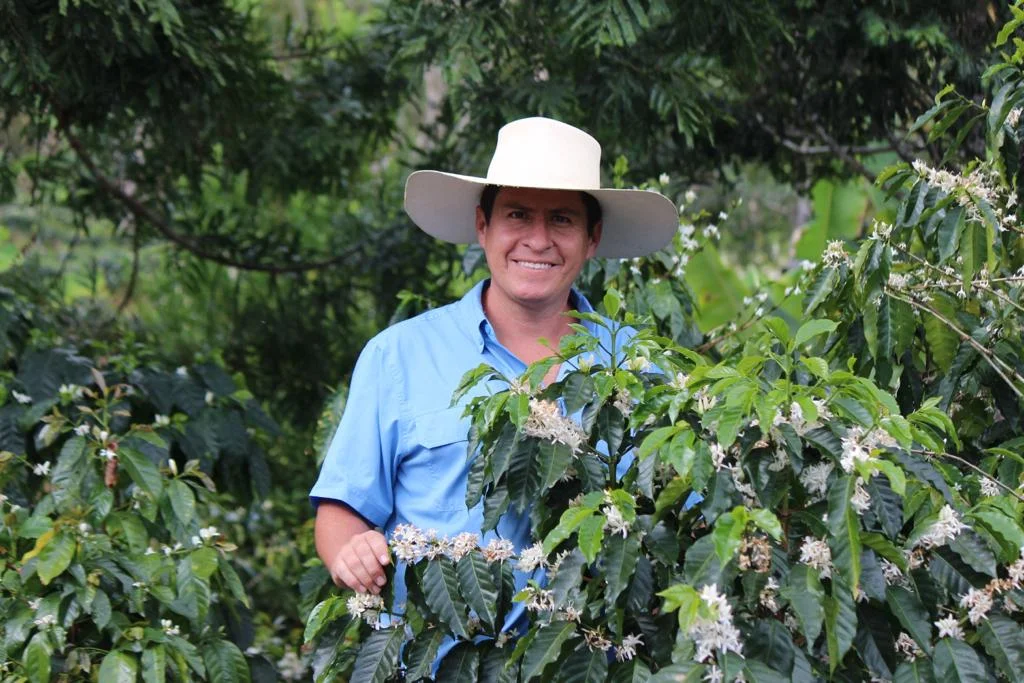Burundi is a difficult place to work. It is one of the ten poorest countries in the world with serious corruption and a lack of infrastructure that make sourcing, purchasing, storing and shipping coffee extremely challenging. So why are we there?
The short answer: CCS is driven to discover new gems, be they origins or individual coffees. The best Burundian coffees exhibit intense sweetness and elegance, with balance and a honey-like mouthfeel.
Beyond the coffee, however, we love developing potential and Burundi has it in spades: high altitudes, suitable cultivars, good soils and good rainfall. While exploring this origin, we met professionals from two pioneering coffee companies who also recognized Burundi’s great potential. Our relationships with Ben Carlson of Long Miles Coffee Project, and Luis Garcia and Maxime Acien of Greenco are what make our work in Burundi possible.
The entire Carlson family moved to Bujumbura, Burundi to start the Long Miles Coffee Project, and built two beautiful washing stations that process cherries from over 3000 neighboring families. They are uncompromisingly selective about the cherries they accept, and have implemented innovative agricultural programs. Their “Coffee Scout Teams” for example, travel from village to village to teach farmers best agricultural practices and disease management, like avoiding the potato defect by hand picking antestia bugs from the coffee trees.
Luis Garcia moved to Burundi after many years working in finance and coffee trading in Switzerland to take a job managing thirteen washing stations for Greenco. He immediately began methodically revising the entire Greenco organization to focus on quality. Luis has since moved on to another challenging role, as the manager of Sucafina's dry mill. Since the 2016 harvest, Maxime, who also comes from the trading floor, has energetically taken on the role as Greenco's Managing Director. From speculating coffee futures on your computer to overseeing the operations of washing stations that serve thousands of farming families, it’s not for the faint of heart.
Burundi’s poverty and sometimes harsh and difficult export environment has been challenging since the beginning of our work there in 2012. It’s important to acknowledge these realities. We keep coming back year-after-year because it’s a stunningly beautiful country with beautiful coffee, and because we believe in our friends, partners and farmers, and the potential they are working so hard to realize.
Download the full report The following is an excerpt from our report Collaborative Coffee Source, Living Our Values 2017.









